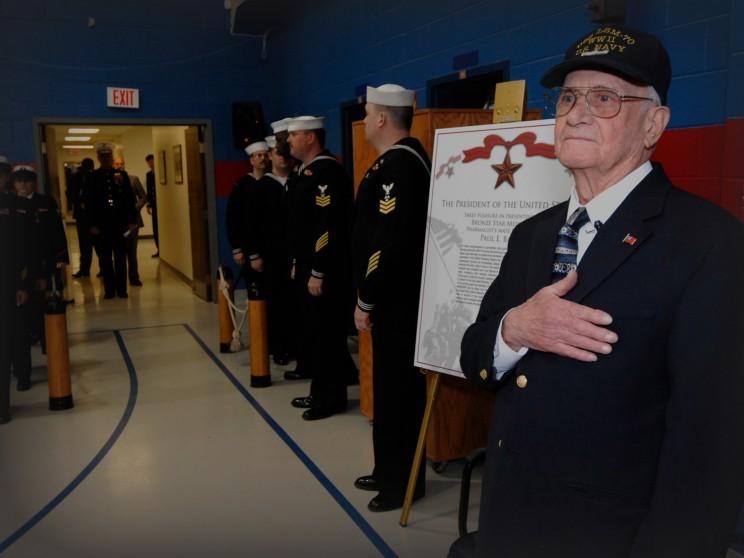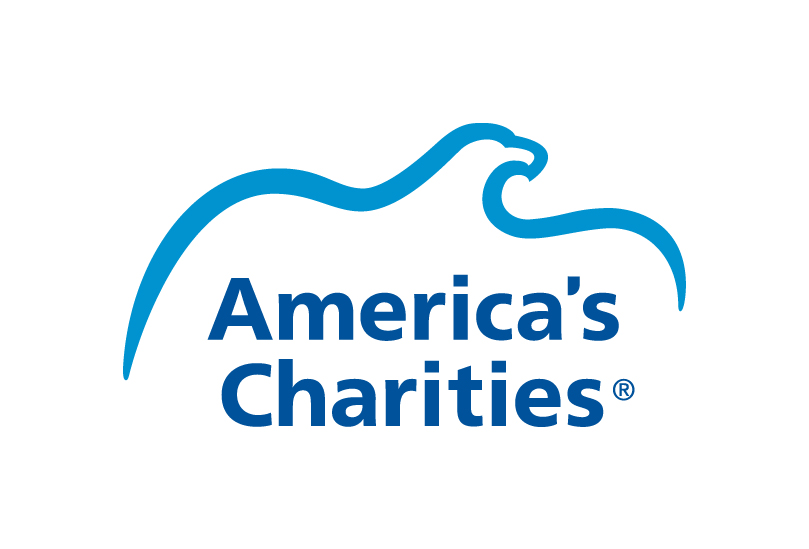Healing the Mind, Body, and Soul: A Holistic Approach to Serving Those Who Served

As a country, we’ve gotten so used to facing the alarming number of veterans who take their own lives that it often feels abstract at this point; nameless, faceless statistics. For those of us who personally know veterans who’ve taken their own lives, it doesn’t take a 22-a-day statistic to feel the hurt — even one veteran suicide is one too many!
There are many resources available to help veterans in crisis, from non-profit organizations to federal programs administered by agencies such as the Departments of Veterans Affairs and Defense. Despite these programs, however, the crisis persists, begging the question of whether our collective understanding of this crisis is adequate. If the answer is no, based on the continued prevalence of veteran suicide, one reason may be our failure to attack the factors that culminate to a point reaching crisis levels, at which time it may be too late to intervene.
Intervening is no easy task. Veterans can be tough patients; arguably the toughest population to treat for myriad reasons. For one, many have endured extraordinarily harsh mental and physical trials during military service, and a great number of them continue to do so in their daily lives after service. A key aspect of this is the one most often overlooked: mental health.
Mental illness brings about many ups and downs for the sufferer that can have an impact beyond what’s going on in one’s psyche. It can be a constant battle of depression and anxiety leading to a lack of desire to taking care of one’s physical needs. Consequently, mental illness has been found to correlate with a poor immune system. Weakened immunities prevent human bodies from fighting and preventing disease and infection. Even the common cold could have a detrimental impact.
Mental illness is complex, and its impact on one’s physical health can create a vicious cycle that requires thorough attention and treatment to break. Only through this comprehensive assessment can a provider discern all relevant issues that can lead to identifying necessary interventions, before they hit crisis proportions such as the 22 veterans a day.
The days of business as usual in veteran health care are over. Health care leaders and policy makers have tried countless incremental fixes, reducing errors, enforcing practice guidelines, giving veterans more choices etc.. But none of these efforts have had much impact. The VA healthcare system remains very complex, the level of bureaucratic constraints is comparable to a maze for many who often need a navigator, such as AMVETS, to help find their way to the desired end.
Adding to the difficulty are the variations in timeliness and quality of care for veterans throughout the country depending on which VA facility they use. The Congress passed the VA Choice Act in 2014 to address the rising demand for medical care among veterans who relied on the VA as their only option. But this simply added another layer of bureaucracy and fragmented coordination in too many cases, leaving some veterans better off staying on a waitlist rather than having to deal with new tensions and transition stresses.
In response to this reality, AMVETS commissioned the HEAL program comprised of a team of clinical experts to provide healthcare intervention in cases where access to quality healthcare was blocked. Veterans, service members and their caregivers who contact the HEAL team receive that aforementioned full clinical intake that’s required to understand the entire problem, not just one or two dimensions. Then, HEAL team members employ a case management approach to helping the individual identify critical issues such as the need to find an appropriate healthcare provider or resources to help eliminate access barriers, which can range from substance abuse to private providers not being paid on time by the VA.
The secret of the success of a holistic approach to advocacy is the partnership formed between the HEAL team member and the veteran to generate multi-faceted solutions that deal with the mind-body continuum. Crisis can mean something different to every individual, and it can be a byproduct of one’s resilience, factors both in and out of the individual’s control, and/or one’s life experience that led to the moment. No matter how it’s defined, many aspects of an impending crisis hides in everyone’s plain sight and can be confronted before all hope is lost.
For those who choose to treat veterans, who choose to serve those who served our country, the reward is tenfold as society can look forward to continued voluntary enlistment into the military as future generations watch how their loved ones who served were treated after being discharge. AMVETS has stood for this principle since 1944, and will continue the effort to ensure that veterans are treated with the same commitment and selflessness that they themselves exuded while protecting the nation.
About the Author
Lana N. McKenzie currently serves as AMVETS Chief Medical Executive. She is a registered nurse licensed in Virginia and California, a certified case manager, and a certified public health nurse.
About the HEAL Program
AMVETS hired a team of clinical experts with experience in eliminating barriers to access in healthcare for veterans nationwide. HEAL, which stands for healthcare, evaluation, advocacy, legislation, encompasses all necessary steps the team will take to intervene directly on behalf of veterans, service members, families, and caregivers to reduce veteran suicide, unemployment, homelessness, and hopelessness as it relates to mental and physical wellness, particularly for those who are affiliated with AMVETS and utilize Poly-trauma/Traumatic Brain Injury (TBI) centers and mental health services within the Veterans Health Administration (VHA) and community healthcare facilities.
About AMVETS
Founded more than 70 years ago, AMVETS has more than 250,000 members across the United States. The non-profit organization’s mission is to enhance and safeguard the entitlements for all American Veterans who have served honorably, including the National Guard and Reserve, and to improve the quality of life for all veterans, their families, and the communities where they live through leadership, advocacy and services.
Support AMVETS National Service Foundation through your employee giving program:
As AMVETS NSF's workplace giving partner, America’s Charities can help your company design and implement a program centered on supporting their work - through workplace giving campaigns, employee fundraising, cause-focused signature programs, volunteerism, donation drives, matching gifts, Dollars-for-Doers, In-Kind Giving and other employee engagement and philanthropic initiatives. Click here to request a demo and learn how we can help you do this.

